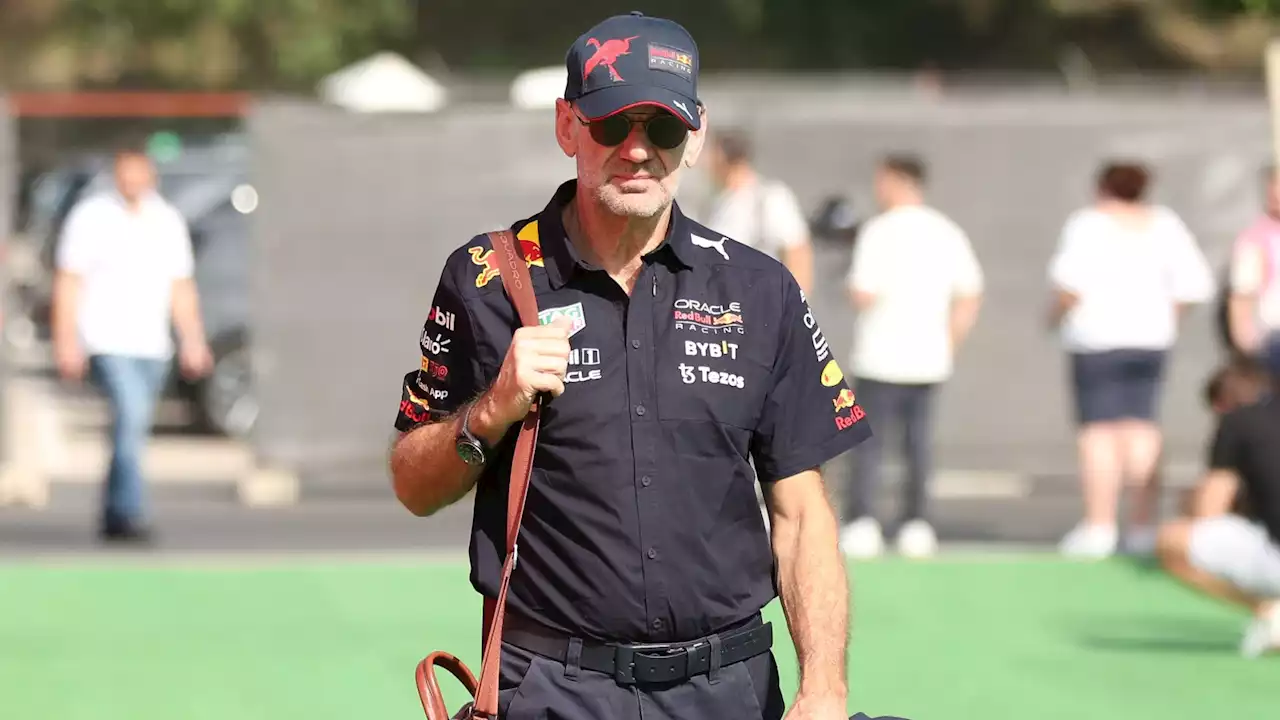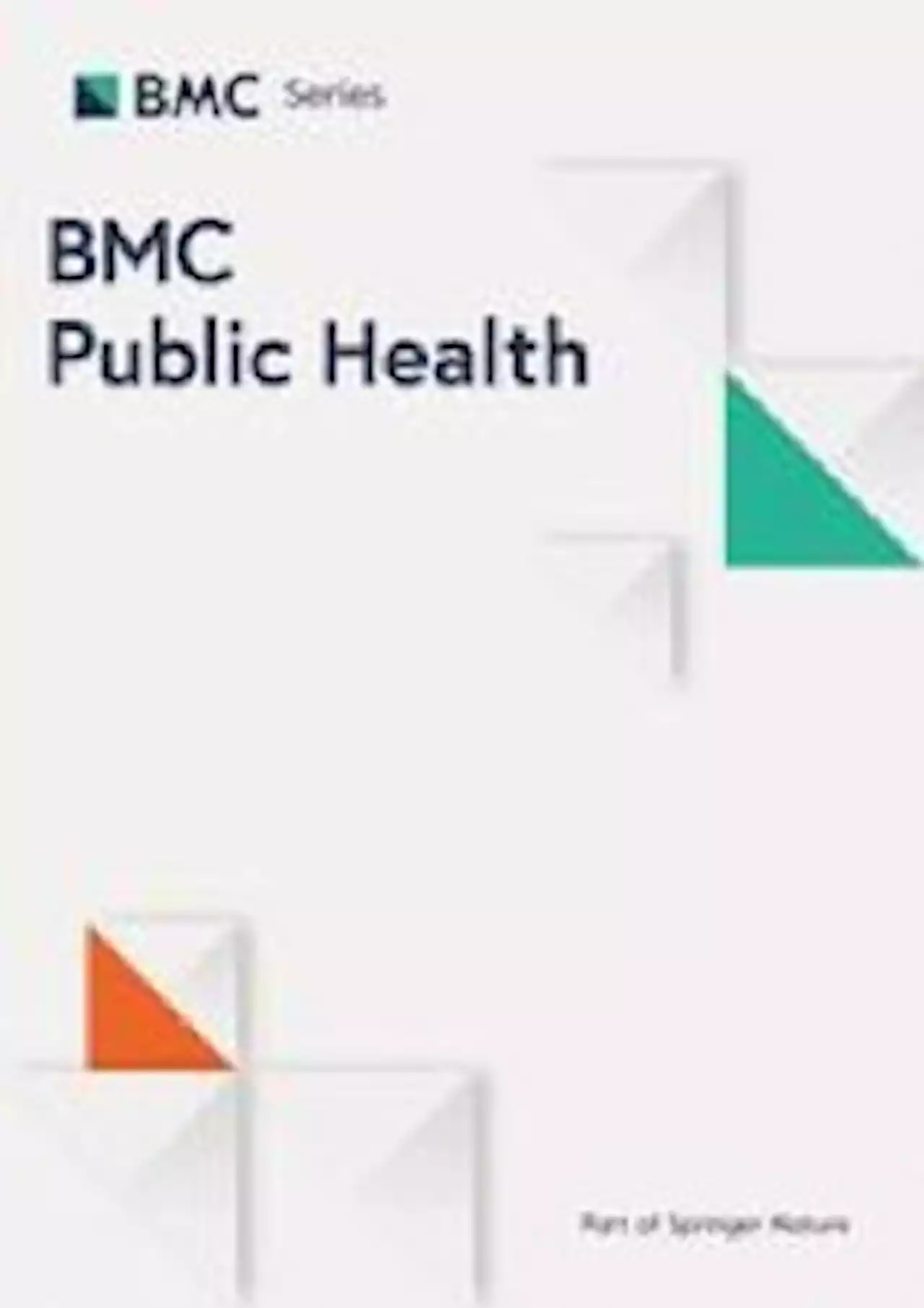Post-Ferrari, Sebastian Vettel reinvented himself as a force for social justice, leading by example from litter picking to supporting the LGBTQ+ community, using the same energy from his title campaigns ✍️ CoddersF1 delves into what caused the change:
With this gnomic utterance Sebastian Vettel introduces a glossily shot video produced by Aston Martin to mark his departure from F1. As the Hans Zimmer-esque soundtrack soars to a pinnacle of glassy strings undercut by a persistent bass clef rumbling, the impression is one of a driver thoughtfully shimmying out of the door, shrouded in a fog of aphorisms.
How to parse this apparently profound and yet profoundly counter-intuitive statement? During what we might call the third phase of his F1 career Vettel underwent another transformation, into what some may call a ‘social justice warrior’. But here’s the thing: he doesn’t care what label you might want to apply to his activism. Neither does he expect any of his now former colleagues and rivals to espouse the same causes he has championed.
United Kingdom Latest News, United Kingdom Headlines
Similar News:You can also read news stories similar to this one that we have collected from other news sources.
 Heartstopper's Sebastian Croft addresses role in controversial Harry Potter gameHeartstopper actor Sebastian Croft has spoken about the ongoing controversy over his role in the upcoming Harry Potter game Hogwarts Legacy. 'This was long before I was aware of JK Rowling’s views.'
Heartstopper's Sebastian Croft addresses role in controversial Harry Potter gameHeartstopper actor Sebastian Croft has spoken about the ongoing controversy over his role in the upcoming Harry Potter game Hogwarts Legacy. 'This was long before I was aware of JK Rowling’s views.'
Read more »
 Jean Alesi: It is now Adrian Newey versus Ferrari in F1, not Red BullEx-Ferrari driver Jean Alesi believes that their true competitor is not the Red Bull team, but their design chief Adrian Newey.
Jean Alesi: It is now Adrian Newey versus Ferrari in F1, not Red BullEx-Ferrari driver Jean Alesi believes that their true competitor is not the Red Bull team, but their design chief Adrian Newey.
Read more »
 Mobile post office van begins operationHowwood residents can now use a mobile post office after the van made its first stop in the Renfrewshire village.
Mobile post office van begins operationHowwood residents can now use a mobile post office after the van made its first stop in the Renfrewshire village.
Read more »
 Impact of easing COVID-19 lockdown restrictions on traumatic injuries in Riyadh, Saudi Arabia: one-year experience at a major trauma centre - BMC Public HealthIntroduction Lockdown restrictions due to the COVID-19 pandemic have reduced the number of injuries recorded. However, little is known about the impact of easing COVID-19 lockdown restrictions on the nature and outcome of injuries. This study aims to compare injury patterns prior to and after the easing of COVID-19 lockdown restrictions in Saudi Arabia. Method Data were collected retrospectively from the Saudi TraumA Registry for the period between March 25, 2019, and June 21, 2021. These data corresponded to three periods: March 2019–February 2020 (pre-restrictions, period 1), March 2020–June 2020 (lockdown, period 2), and July 2020–June 2021 (post easing of restrictions, period 3). Data related to patients’ demographics, mechanism and severity of injury, and in-hospital mortality were collected and analysed. Results A total of 5,147 traumatic injury patients were included in the analysis (pre-restrictions n = 2593; lockdown n = 218; post easing of lockdown restrictions n = 2336). An increase in trauma cases (by 7.6%) was seen in the 30–44 age group after easing restrictions (n = 648 vs. 762, p | 0.01). Motor vehicle crashes (MVC) were the leading cause of injury, followed by falls in all the three periods. MVC-related injuries decreased by 3.1% (n = 1068 vs. 890, p = 0.03) and pedestrian-related injuries decreased by 2.7% (n = 227 vs. 143, p | 0.01); however, burn injuries increased by 2.2% (n = 134 vs. 174, p | 0.01) and violence-related injuries increased by 0.9% (n = 45 vs. 60, p = 0.05) post easing of lockdown restrictions. We observed an increase in in-hospital mortality during the period of 12 months after easing of lockdown restrictions—4.9% (114/2336) compared to 12 months of pre-lockdown period—4.3% (113/2593). Conclusion This is one of the first studies to document trauma trends over a one-year period after easing lockdown restrictions. MVC continues to be the leading cause of injuries despite a slight decrease; overall injury cases rebounded towards pre
Impact of easing COVID-19 lockdown restrictions on traumatic injuries in Riyadh, Saudi Arabia: one-year experience at a major trauma centre - BMC Public HealthIntroduction Lockdown restrictions due to the COVID-19 pandemic have reduced the number of injuries recorded. However, little is known about the impact of easing COVID-19 lockdown restrictions on the nature and outcome of injuries. This study aims to compare injury patterns prior to and after the easing of COVID-19 lockdown restrictions in Saudi Arabia. Method Data were collected retrospectively from the Saudi TraumA Registry for the period between March 25, 2019, and June 21, 2021. These data corresponded to three periods: March 2019–February 2020 (pre-restrictions, period 1), March 2020–June 2020 (lockdown, period 2), and July 2020–June 2021 (post easing of restrictions, period 3). Data related to patients’ demographics, mechanism and severity of injury, and in-hospital mortality were collected and analysed. Results A total of 5,147 traumatic injury patients were included in the analysis (pre-restrictions n = 2593; lockdown n = 218; post easing of lockdown restrictions n = 2336). An increase in trauma cases (by 7.6%) was seen in the 30–44 age group after easing restrictions (n = 648 vs. 762, p | 0.01). Motor vehicle crashes (MVC) were the leading cause of injury, followed by falls in all the three periods. MVC-related injuries decreased by 3.1% (n = 1068 vs. 890, p = 0.03) and pedestrian-related injuries decreased by 2.7% (n = 227 vs. 143, p | 0.01); however, burn injuries increased by 2.2% (n = 134 vs. 174, p | 0.01) and violence-related injuries increased by 0.9% (n = 45 vs. 60, p = 0.05) post easing of lockdown restrictions. We observed an increase in in-hospital mortality during the period of 12 months after easing of lockdown restrictions—4.9% (114/2336) compared to 12 months of pre-lockdown period—4.3% (113/2593). Conclusion This is one of the first studies to document trauma trends over a one-year period after easing lockdown restrictions. MVC continues to be the leading cause of injuries despite a slight decrease; overall injury cases rebounded towards pre
Read more »
